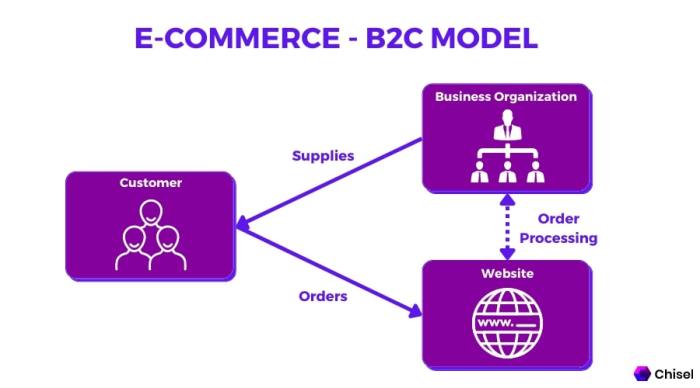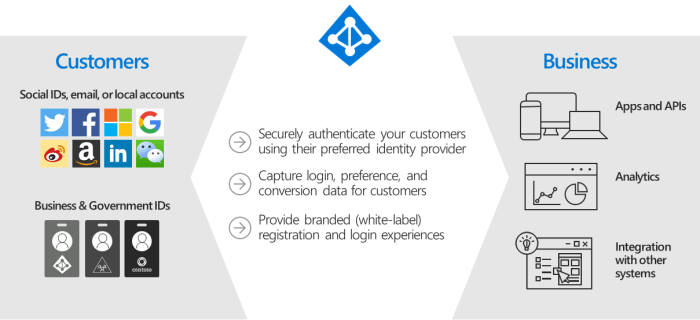Companies exclusively using business to consumer b2c applications – Companies exclusively using business-to-consumer (B2C) applications are revolutionizing the way businesses interact with their customers. These companies leverage the unique capabilities of B2C applications to enhance customer engagement, streamline operations, and drive growth. In this article, we will explore the concept of exclusive B2C application use, examining its benefits, challenges, and impact on customer experience.
The exclusive use of B2C applications by companies has emerged as a strategic approach for enhancing customer engagement and driving business success. By focusing solely on B2C applications, these companies can tailor their offerings to the specific needs and preferences of their target audience.
Business-to-Consumer (B2C) Applications: Companies Exclusively Using Business To Consumer B2c Applications

Business-to-consumer (B2C) applications are software programs designed specifically to facilitate interactions between businesses and individual consumers. These applications are characterized by their user-friendly interfaces, ease of use, and focus on providing personalized experiences to end-users.
Prominent examples of B2C applications include e-commerce platforms (e.g., Amazon, eBay), social media networks (e.g., Facebook, Instagram), and mobile banking apps (e.g., Venmo, PayPal).
Exclusive Use of B2C Applications by Companies
Several companies have adopted an exclusive approach to their operations, relying solely on B2C applications for customer engagement and business processes.
One notable example is Uber, a ride-hailing service that operates entirely through its mobile app. Other companies that exclusively use B2C applications include Airbnb (home rentals), Grubhub (food delivery), and Spotify (music streaming).
Benefits and Challenges of Exclusive B2C Application Use
Benefits:
- Enhanced customer experience through personalized interactions and seamless integration.
- Reduced operational costs by eliminating the need for physical storefronts and traditional customer support channels.
- Increased agility and flexibility to adapt to changing market demands and customer preferences.
Challenges:
- Reliance on technology and potential vulnerabilities to technical issues or cyberattacks.
- Limited personal interaction with customers, which can hinder relationship-building and trust.
- Competition from other companies that offer similar services or products through multiple channels.
Impact on Customer Engagement and Experience
Exclusive use of B2C applications can significantly enhance customer engagement and improve the overall experience.
By providing personalized recommendations, tailored content, and instant access to support, B2C applications foster a sense of connection and loyalty among customers.
Moreover, the convenience and ease of use offered by B2C applications increase customer satisfaction and encourage repeat business.
Case Studies and Best Practices, Companies exclusively using business to consumer b2c applications
Case Study: Uber
Uber’s exclusive use of its mobile app has revolutionized the ride-hailing industry. By eliminating the need for phone calls or intermediaries, Uber has streamlined the booking process, reduced wait times, and provided a more convenient experience for both riders and drivers.
Best Practice: Personalized Recommendations
Many B2C applications leverage artificial intelligence (AI) to provide personalized recommendations based on user preferences and behavior. This practice enhances customer engagement by delivering relevant and tailored content, products, or services.
User Queries
What are the benefits of using B2C applications exclusively?
Exclusive use of B2C applications can enhance customer engagement, streamline operations, and drive growth by providing personalized experiences, automating processes, and facilitating data-driven decision-making.
What are the challenges associated with exclusive B2C application use?
Companies may face challenges such as vendor lock-in, data security concerns, and the need for ongoing maintenance and updates when exclusively using B2C applications.
How does exclusive B2C application use impact customer experience?
By leveraging the capabilities of B2C applications, companies can personalize interactions, provide real-time support, and gather customer feedback, leading to enhanced customer satisfaction and loyalty.

